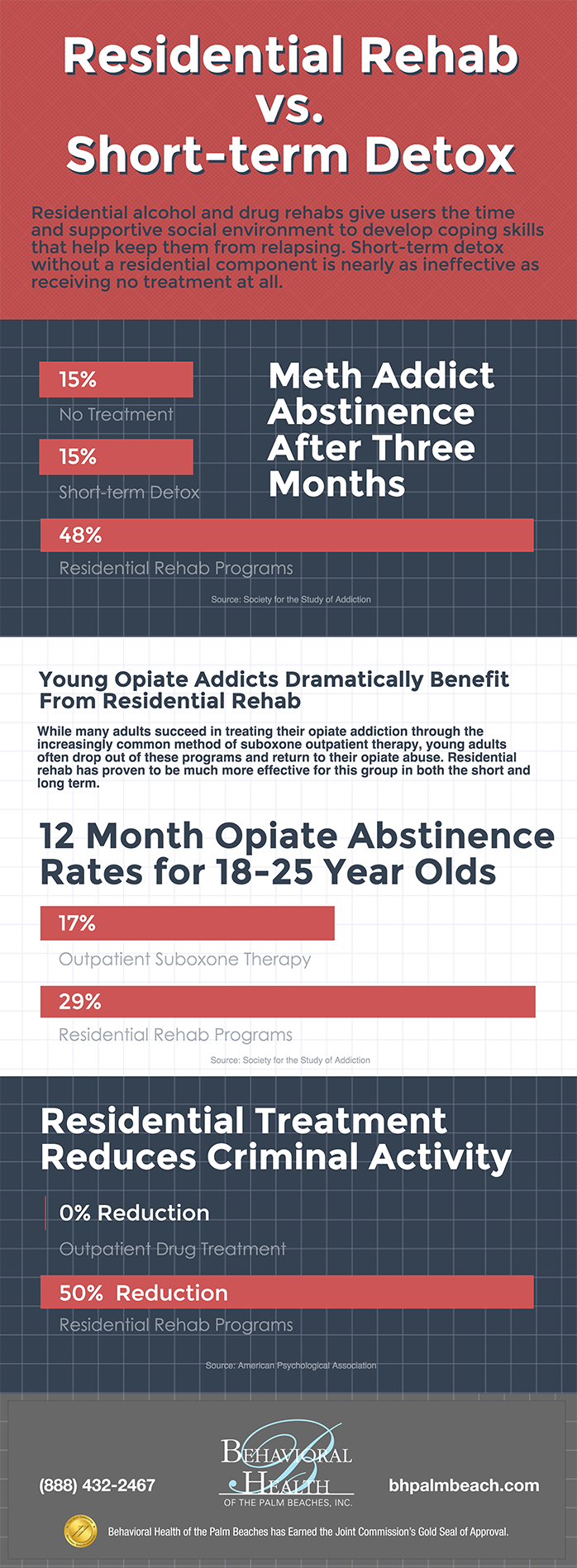Dealing With Triggers And Desires Article Drug Rehab
Dealing With Triggers And Desires Article Drug Rehab
Blog Article
Material Author-Blackburn Jansen
You've completed Drug rehabilitation and taken a significant action in the direction of a much healthier way of living. Now, dealing with triggers and cravings post-rehab can be a difficult journey. Exactly how do you browse via these moments without jeopardizing your progression? Recognizing the techniques to handle triggers and desires is essential in maintaining your soberness. Allow's explore efficient methods to handle these obstacles and protect your newly found commitment to living a drug-free life.
Identifying Triggers and Yearnings
To properly handle your triggers and cravings, start by recognizing the situations or feelings that cause your desire to utilize. Take a minute to reflect on what scenarios or feelings motivate your yearnings. Is it anxiety, boredom, social situations, or particular locations? By pinpointing these triggers, you can better prepare yourself to cope with them.
Triggers can be both internal, such as adverse feelings or physical discomfort, and external, like being around people who utilize materials or checking out a particular area.
Focus on patterns in your desires-- are they more regular at certain times of the day or in action to particular events?
Building Healthy Coping Techniques
Determining your triggers and cravings is the primary step towards structure healthy coping techniques to manage them effectively. As soon as you're aware of what situations, feelings, or individuals activate your desires, you can begin creating a strategy to address them.
One efficient technique is to replace adverse behaviors with positive ones. For example, if stress and anxiety triggers food cravings, practicing relaxation techniques like deep breathing or reflection can aid. Taking part in physical activities such as workout or going with a walk can also be a fantastic means to cope with food cravings.
One more vital aspect of building healthy coping techniques is to create a supportive environment. Surround on S. Los Angeles Accredited Rehab Facilities with individuals who understand your trip and can give support and liability. It is very important to develop boundaries with individuals that might not sustain your recovery.
In linked webpage , developing a routine that includes healthy routines like routine workout, correct nourishment, and enough rest can aid you remain on track and minimize the likelihood of experiencing triggers and yearnings.
Seeking Assistance and Accountability
Developing a network of helpful people who can provide support and hold you liable is vital in taking care of triggers and cravings successfully. Seek pals, family members, or a support system that recognize your journey and can supply assistance when you deal with challenging scenarios.
Having someone to speak to during minutes of temptation can make a significant distinction in staying on track with your healing. Liability partners can aid you stay concentrated on your goals and remind you of the reasons that you selected to seek assistance to begin with.
They can also assist in producing an organized strategy to manage triggers and cravings, such as creating alternative activities or dealing mechanisms to replace the urge to make use of medications. Routine check-ins with your support system can supply reassurance and motivation, helping you feel much less isolated in your healing trip.
Conclusion
Remember, acknowledging and handling triggers and desires after Drug rehabilitation is an essential element of preserving soberness.
By determining your triggers, developing healthy and balanced coping techniques, and looking for support from loved ones or support groups, you can navigate with tough minutes and stay focused on your soberness objectives.
Keep in mind, you aren't alone in this trip, and with the right devices and assistance, you can get rid of lures and live a satisfying, drug-free life.
Keep strong and keep moving forward.
